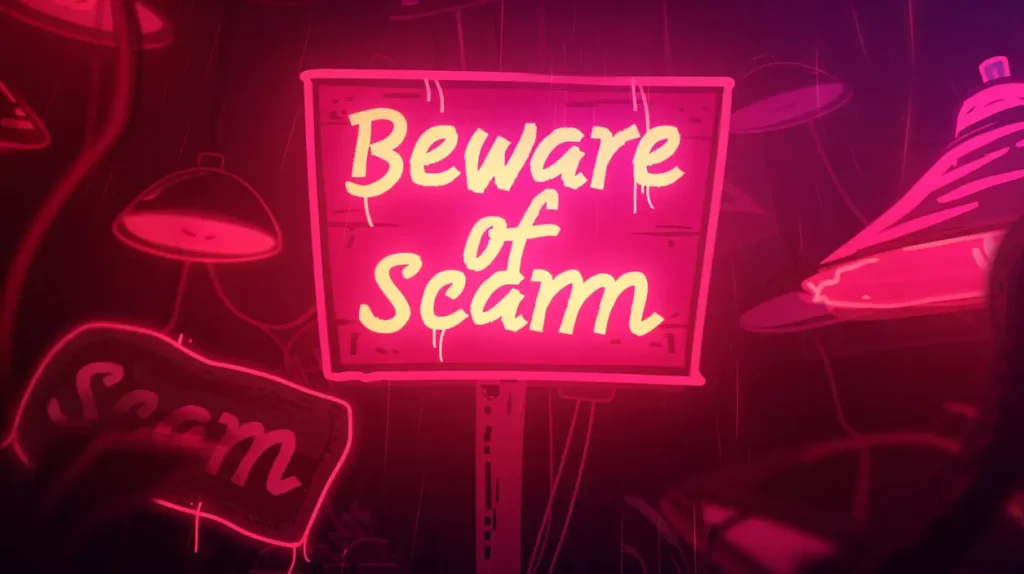
A New Gold Rush
Customers are waiting for you.
As the world continues to shift towards digital platforms, the lure of the e-commerce market is impossible to ignore. In South Africa, and specifically Johannesburg, this exciting industry is evolving rapidly. Revenue in the South African e-commerce market is projected to reach US$7.22bn in 2023, with an annual growth rate of 12.54%, resulting in a projected market volume of US$11.58bn by 20271. For those dreaming of starting an e-commerce business in Johannesburg, now is the time to take the leap.
E-commerce encompasses the sale of physical goods via digital channels to private end consumers (B2C) and includes purchases made on both desktop computers and mobile devices. The market is extensive, ranging from retail and consumer goods to travel and hospitality. It’s segmented into several sectors, including beauty and health, beverages, electronics, fashion, food, furniture, media, and toys & DIY1.
Dominating the international arena are giants like Amazon, JD, Taobao, Tmall, Apple, and Walmart. Yet, despite their presence, there remains plenty of space for new entrants to thrive1.
In the local market companies like Takealot.com, superbalist.com, woolworths.co.za, zando.co.za and others own large market share. There is however lots of room for smaller independent and niche stores to stamp their mark on the local market.
Challenges and Solutions
However, starting an e-commerce business in Johannesburg is not without its challenges. Here are some hurdles and potential solutions:
Rising Customer Expectations: Today’s consumers demand a seamless, personalized, and engaging shopping experience. To meet these expectations, businesses can employ tools like after-sale surveys, social media monitoring, and direct communication with support teams. Offering self-service options, varied shipping and pickup choices, multiple payment methods, and simplified checkout processes can greatly enhance the customer experience2.
Competition from Direct-to-Consumer Brands: The rise of D2C brands offers customers high-quality products at lower prices by cutting out intermediaries. To compete effectively, businesses can establish a solid online presence, regularly produce high-quality content, and provide seamless user and shopping experiences2.
Cross-Border Trade: Entering international markets brings its own challenges. Solutions include establishing a network of local warehouses, investing in multilingual customer support, and partnering with payment processing providers that can support transactions in multiple currencies2.
Consistency Across Channels: Brands must provide a seamless experience across all channels. This requires consistent storytelling, messaging, products and services, visual identity, and interactions with customers across different touchpoints2.
Data Security: Securing customer data is critical in today’s digital age. Businesses must have robust IT infrastructures to handle large amounts of data and ensure its security and privacy, especially when choosing a payment processor2.
In this burgeoning Johannesburg e-commerce market, taking heed of these challenges and implementing the suggested solutions can be the difference between success and failure. The journey to starting an e-commerce business in Johannesburg might be daunting, but with the right approach, it could be your ticket to a thriving enterprise in an exciting, rapidly growing industry.
Breaking Into the Johannesburg E-commerce Market: A Comprehensive Guide
Johannesburg, with its thriving consumer market and increasing digital savviness, presents a golden opportunity for budding entrepreneurs looking to break into e-commerce. In this guide, we’ll walk you through the steps to start an e-commerce business in Johannesburg, with a special focus on how Elementary can help you build your online presence and get your site noticed.
1. Choose a Company Name
Your company name is more than just a formality—it’s a crucial part of your brand. Start by brainstorming ideas that are unique, memorable, and indicative of what you sell. Ensure the name is easy to spell and pronounce, and it doesn’t infringe on existing trademarks. Use a tool like the Companies and Intellectual Property Commission’s (CIPC) name search to check if your chosen name is available.
2. Register Your Business
Once you’ve chosen a company name, register your business with the CIPC. The process can be done online and involves filling out the necessary forms and paying a small registration fee. As part of this process, you’ll receive your registration number, which you’ll need for legal and tax purposes.
3. Open a Business Bank Account
With your business registered, you can now open a business bank account. Choose a bank that offers benefits such as low transaction fees, online banking, and excellent customer service. A business bank account helps separate personal and business finances, making accounting and tax filing easier.
4. Select a Payment Gateway
In order to accept payments online, you’ll need a payment gateway. Options available in South Africa include uKheshe, PayFast, PayGate, and PayPal. Choose a gateway that offers a seamless checkout experience, top-notch security, and support for various payment methods (credit/debit cards, EFT, mobile payments).
5. Building Your E-commerce Store with Elementary
Now comes the exciting part—building your online store! This is where Elementary shines. Their platform lets you create a professional, easy-to-navigate e-commerce website with no coding skills required. You can upload product images, set prices, manage inventory, and much more.
Elementary offers various themes and customization options to ensure your website aligns with your brand. Moreover, it’s designed to be mobile-friendly—an essential feature given that a large portion of online shopping is done via mobile devices.
6. Let Elementary Get Your Site Noticed
Having a beautiful online store is just part of the equation. You need to get your site noticed, and that’s where digital marketing comes in. Luckily, Elementary doesn’t leave you hanging. They offer SEO optimization to improve your site’s visibility on search engines, helping you attract organic traffic.
Moreover, Elementary provides tools to leverage email marketing, social media marketing, and content marketing, allowing you to reach your target audience through various channels.
Remember, the key to a successful e-commerce business lies in offering high-quality products, providing excellent customer service, and constantly optimizing your online store based on customer feedback and analytics.
Breaking into the Johannesburg e-commerce market might seem challenging, but with careful planning, a customer-centric approach, and the right tools (like those provided by Elementary), you’ll be well on your way to running a successful online business.
Happy selling!











